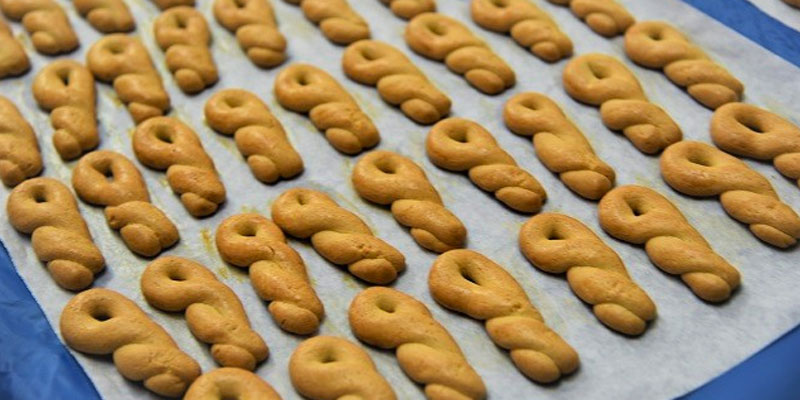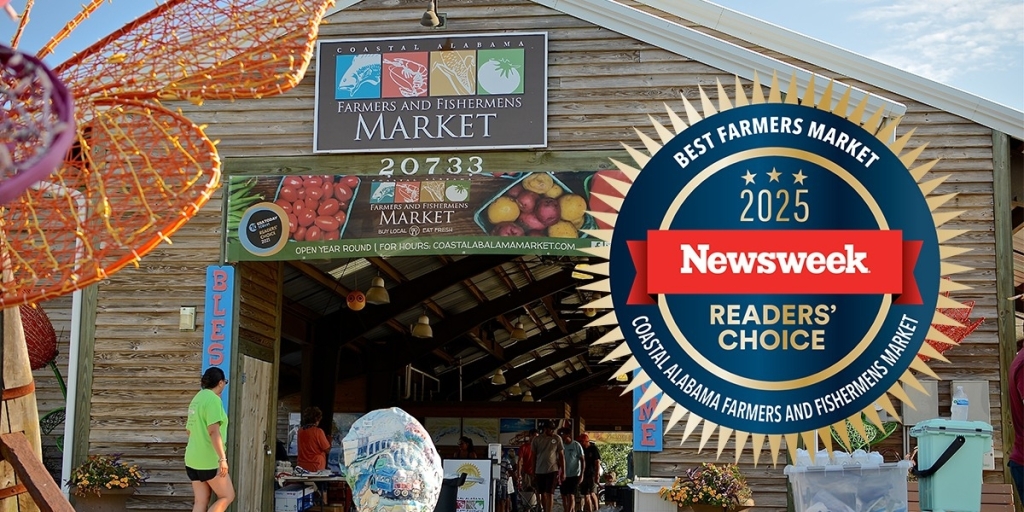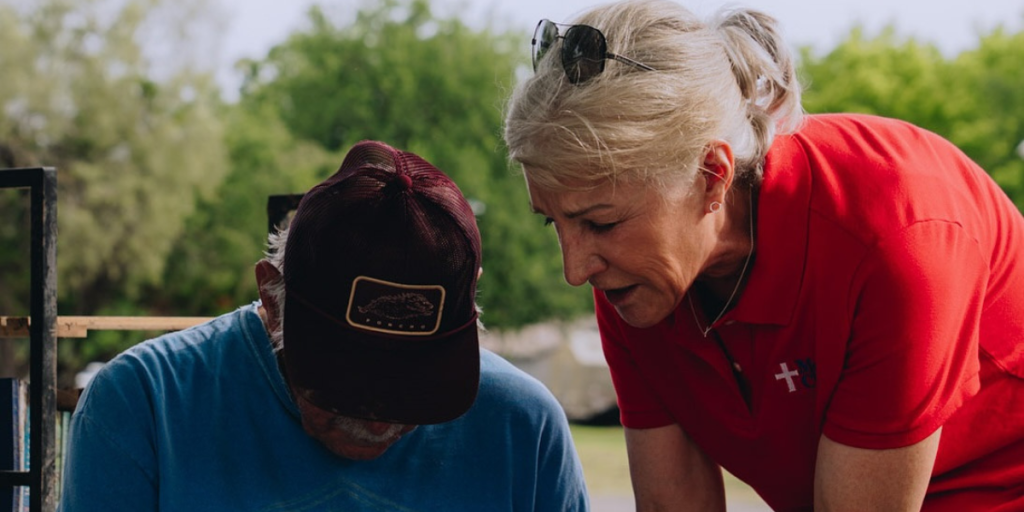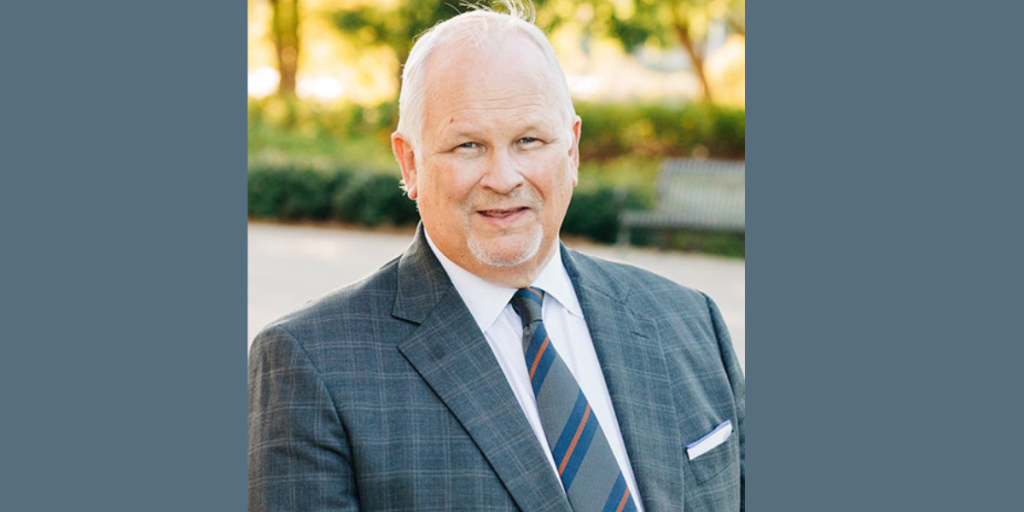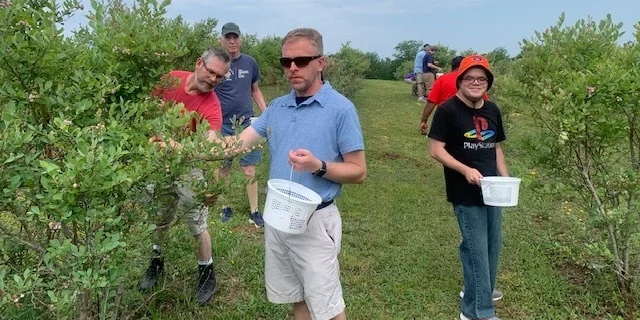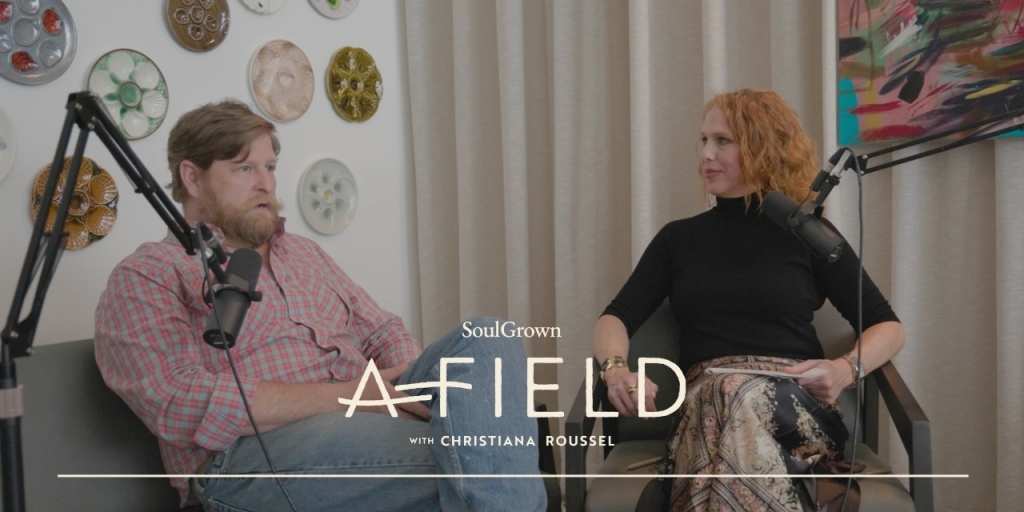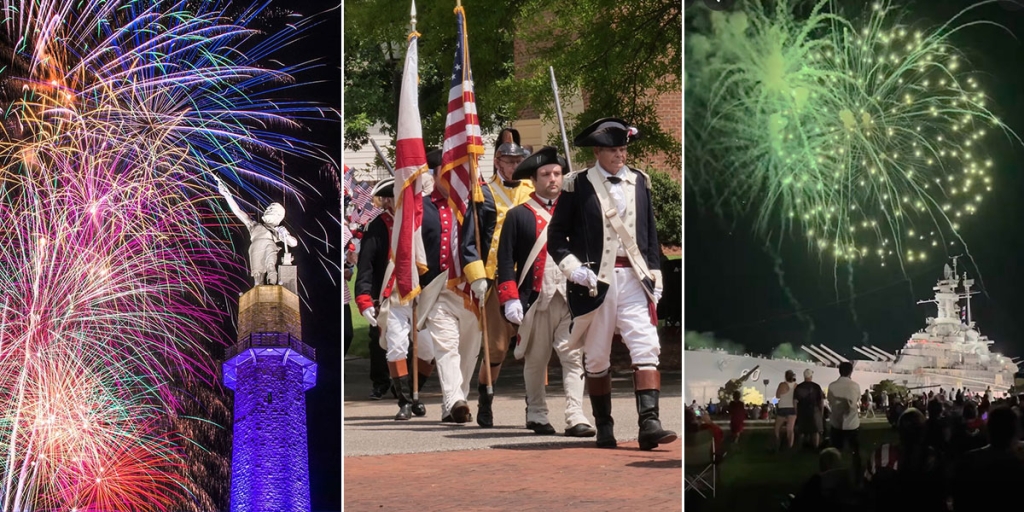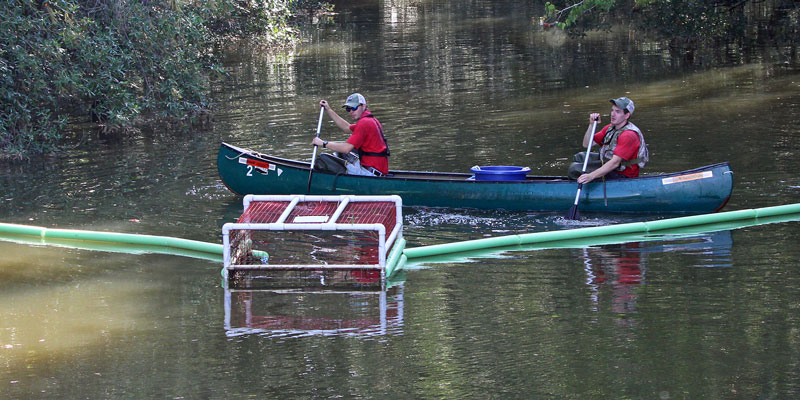It takes a village to put on Birmingham’s beloved Greek Festival.
For months before the event, now in its 47th year at Holy Trinity-Holy Cross Greek Orthodox Cathedral in downtown Birmingham, hundreds of people from this city’s thriving Greek community work together to prepare. They cook, they bake and they practice centuries-old dances. They are doing what they have always done – what people still do in villages all over Greece – creating a celebration and inviting people to join them.
Some 30,000 people will show up for this year’s three-day festival Oct. 3-5. Many are Greek. Most are not, and that’s just fine. “It’s a time,” says Sonthe Burge, “when everybody gets to be Greek for the weekend.”
Burge is chair of a cookie committee that started working early in the summer with a series of cookie workshops to make a single kind of pastry – koulourakia, the twisted, buttery one.
“It’s a great cookie,” she says. “It’s just really nice … it’s more of a butter cookie that’s not super sweet. So it doesn’t go in the category with the baklava or the melos (melomakarona). They have a syrup and are so much sweeter. This is more like a biscotti. Like a Greek biscotti.”
By the time she and her teams are done, they will have made more than 1,600 dozen of these cookies. They will sell them for $10 a dozen, and they very likely will sell out of all 19,488 pieces by Saturday morning.
Burge’s crews of 50 or so volunteers for each two-day workshop include women (and some men) of all ages who work with a few church employees to measure, mix, roll, shape, butter and bake the sweets. Young mothers drop off their children at mothers’ day out and come to the church kitchen to work – and learn – alongside older women who could roll and twist these cookies in their sleep. In the banquet hall, yayas and papous, who no longer want to stand in the kitchen sit at tables and bag the baked koulourakia.
And this is just one variety of sweets that you’ll find at the Greek Festival.
“We have koulourakia, which we’re making today,” Burge says. “We have baklava; that’s what most people are familiar with, and we are really known for our baklava. (That committee will make nearly 25,000 pieces.) We have kourambethes, that’s a Greek wedding cookie (there are 9,034 of these), and then melomakarona, which is a honey spice cookie (more than 6,000 pieces of this labor-intensive pastry are made), and we have Greek donuts (these loukoumathes will be fried to order).”
There’s also chocolate baklava; almond crescents; and kataiffi, made with shredded filo, walnuts, honey and cinnamon.
Each of these cookies has its own workshop and committee chairs; Stephanie Dikis and Fanoula Gulas are in charge of the baklava. Claudia Deason handles the melos. Teresa and Tony Petelos take care of the wedding cookies. Burge, a registered and licensed dietitian nutritionist who knows her way around a kitchen (Greek and otherwise), helps with other workshops, but she says she’s in charge of the koulourakia “because we use my mother’s recipe.”
It’s an old recipe. “My mom is 88, and I’ve been working here and helping with this workshop probably for 30 years,” she says. “It was a recipe that I grew up, as a little girl, making at home. So this recipe has been around, and it’s tried and true and tested. It’s one of my favorites.”
Of course, there are lots more foods at this free, family-friendly festival.
Appetizers and entrees include pitas (filo triangles filled with feta cheese or spinach and feta); dolmathes (stuffed grape leaves); lamb souvlakia; Greek-style chicken; Greek salad; pastichio (a kind of Greek lasagna topped with béchamel); beef and lamb gyros; and a veggie plate with rice pilaf, Greek-style green beans, a Greek salad, spanakopita and tiropita. These savory dishes are individually priced. Everything is handmade.
Burge particularly likes the pastichio plate. “It’s something that you don’t get often. We make our own béchamel, and you also get the spanakopita and tiropita on the pastichio plate, which is really a special treat.”
All this is available to eat there or take away. You also can use the drive-through, which is available all three days from 10:30 a.m. to 7 p.m. No need to call ahead and place your order. The festival folks rely on some of the same technology and techniques used by local restaurant owners, so this couldn’t be easier.
All-day entertainment includes the George Karras Band, DJ Disco Hristo and local dance troupes ranging in age from kindergartners to high schoolers.
“I always encourage people to go into the cathedral,” Burge says. “There are church tours that are guided, and also you can … just take one on your own.” This is the fourth oldest Greek Orthodox parish in the Southeast. The basilica features a stunning Byzantine interior with stained glass, and the iconography is beautiful.
The Greek Festival is lots of fun, but there’s a serious side to all this, too. The festival has donated more than $3 million to local and national charities, including Magic Moments, The Bell Center, The Exceptional Foundation, Ronald McDonald House, Firehouse Ministries, Alzheimer’s of Central Alabama, Pathways, Family Connection, The WellHouse, Jimmie Hale Mission, Safe House, The Alabama Kidney Foundation, MS Society and Greater Birmingham Ministries.
The Birmingham church has an active Philoptochos Society, which is one of the largest women’s philanthropic organizations in the U.S. (although men also can be involved). Just recently, Burge says, the national organization sent $25,000 to the Bahamas for disaster relief.
“We’re all part of something bigger … all across the country … we all belong to this national organization, and we’re just a little microcosm of it here in Birmingham,” she says. “So in Birmingham, our mission is to help the needy, to help the poor. And we give money to different sorts of organizations. We’ve paid for equipment and different things at Children’s Hospital. We also have a scholarship fund for members of our church – for children who are graduating from high school going to college.”
The local chapter’s biggest fundraiser is the sale of frozen pans of pastichio during the Greek Festival. Becky Kampakis is in charge of the pastichio.
“So we make all the large pans that the men will cook and serve for the festival,” Burge says, “but then we make about 15 (hundred) to 16 hundred small pans that we sell for $40. A pan will feed nine to 12 people. They’re frozen, and they will last for a year (in the freezer). Cooking directions are on the label.”
Proceeds from the frozen pastichio sale allow the group to fund its mission work for a year.
The Greek Festival, Burge says, “is a way to share our heritage with all of Birmingham. It’s a chance for us to give back to this community. That’s one of the things Greek people are known for – their hospitality. … If you … know Greek people, they always want to feed you, and that’s why, I think, so many of the best restaurateurs in Birmingham are Greek. … It’s natural, it’s innate, they have it in their blood, and they can make good food. And they enjoy doing it. They enjoy serving others.
“And I think that’s a huge joy for us, too. As hot as it can be and as tiring as it can be, it’s just a joy to see people come out and want to be a part of it.”
47th Annual Birmingham Greek Festival
Oct. 3-5, 2019
10:30 a.m. to 10 p.m.
At Holy Trinity-Holy Cross Greek Orthodox Cathedral (307 19th Street South in downtown Birmingham)
205-716-3088
www.bhamgreekfestival.com
Here’s how to do the Greek Festival:
- Come early for those koulourakia cookies. They probably will sell all 19,488 of them by Saturday morning, if not before.
- Get your pans of frozen pastichio early, too. They will sell out quickly.
- Eat downstairs to enjoy the dancing and live music.
- Eat upstairs in the banquet hall, which seats 500, if you want air conditioning; you can still hear the music, and some dancers perform up there, too.
- At night, they put tables on the street. Eat there, and pretend you’re in a Greek taverna.
- Look for hostesses monitoring the lines to tell you which is moving fastest.
- There’s free parking at the former Liberty National parking building (one block away on 21st Street between Thirrd and Fourth avenues).
- Visit the Greek Market Place for Mediterranean and Orthodox Christian souvenirs.
- From 10:30 a.m. to 7 p.m., you can order anything from your car. Meals, cookies, frozen pastichio. You don’t have to call ahead. Just drive up and place your order.
- Make sure you visit the church between 10:30 a.m. and 9 p.m. It is beautiful, and parishioners will be there to answer your questions.
(Courtesy of Alabama NewsCenter)




